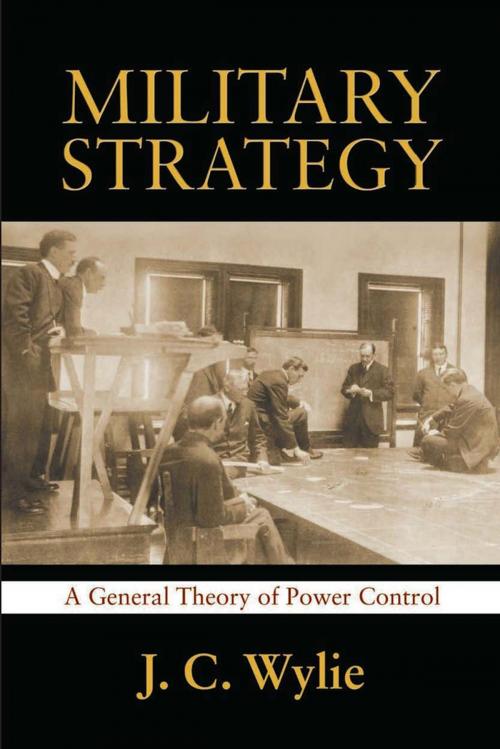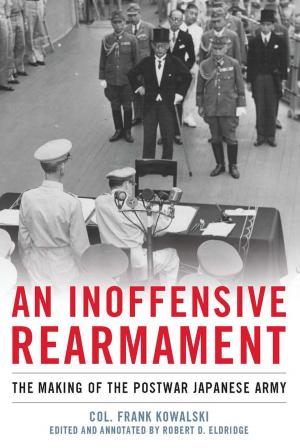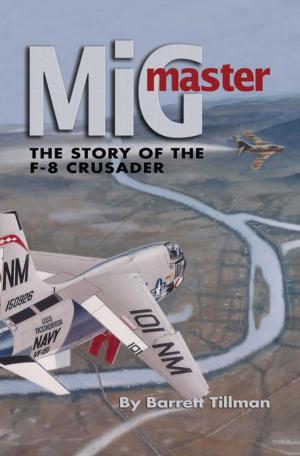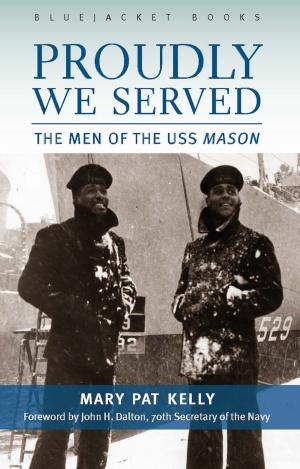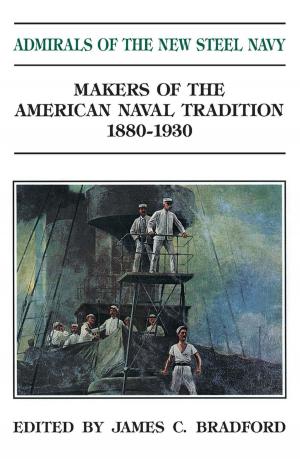| Author: | Joseph Caldwell Wylie, Jr | ISBN: | 9781612515151 |
| Publisher: | Naval Institute Press | Publication: | April 15, 2014 |
| Imprint: | Naval Institute Press | Language: | English |
| Author: | Joseph Caldwell Wylie, Jr |
| ISBN: | 9781612515151 |
| Publisher: | Naval Institute Press |
| Publication: | April 15, 2014 |
| Imprint: | Naval Institute Press |
| Language: | English |
No military service can long remain effective without searching self-criticism and continuous re-examination of its own ideas. Wylie, well known in the Navy, is a refreshingly and outspoken individual, thoroughly at home on the bridge of a ship, but equally at home in the semantics of dialectical discussion. He has produced a simple but relevant little work in an attempt to promote order in the discussion of strategy. . . . To the traditional theories of strategy-the maritime theory, the air theory, the continental theory-Wylie adds the Mao theory’ of wars of national liberation. . . . [This book is] easier to read and understand and basically sounder than the great majority of the involved and tortuous rationalizations of the academic strategists.”- New York Times Book Review
No military service can long remain effective without searching self-criticism and continuous re-examination of its own ideas. Wylie, well known in the Navy, is a refreshingly and outspoken individual, thoroughly at home on the bridge of a ship, but equally at home in the semantics of dialectical discussion. He has produced a simple but relevant little work in an attempt to promote order in the discussion of strategy. . . . To the traditional theories of strategy-the maritime theory, the air theory, the continental theory-Wylie adds the Mao theory’ of wars of national liberation. . . . [This book is] easier to read and understand and basically sounder than the great majority of the involved and tortuous rationalizations of the academic strategists.”- New York Times Book Review
